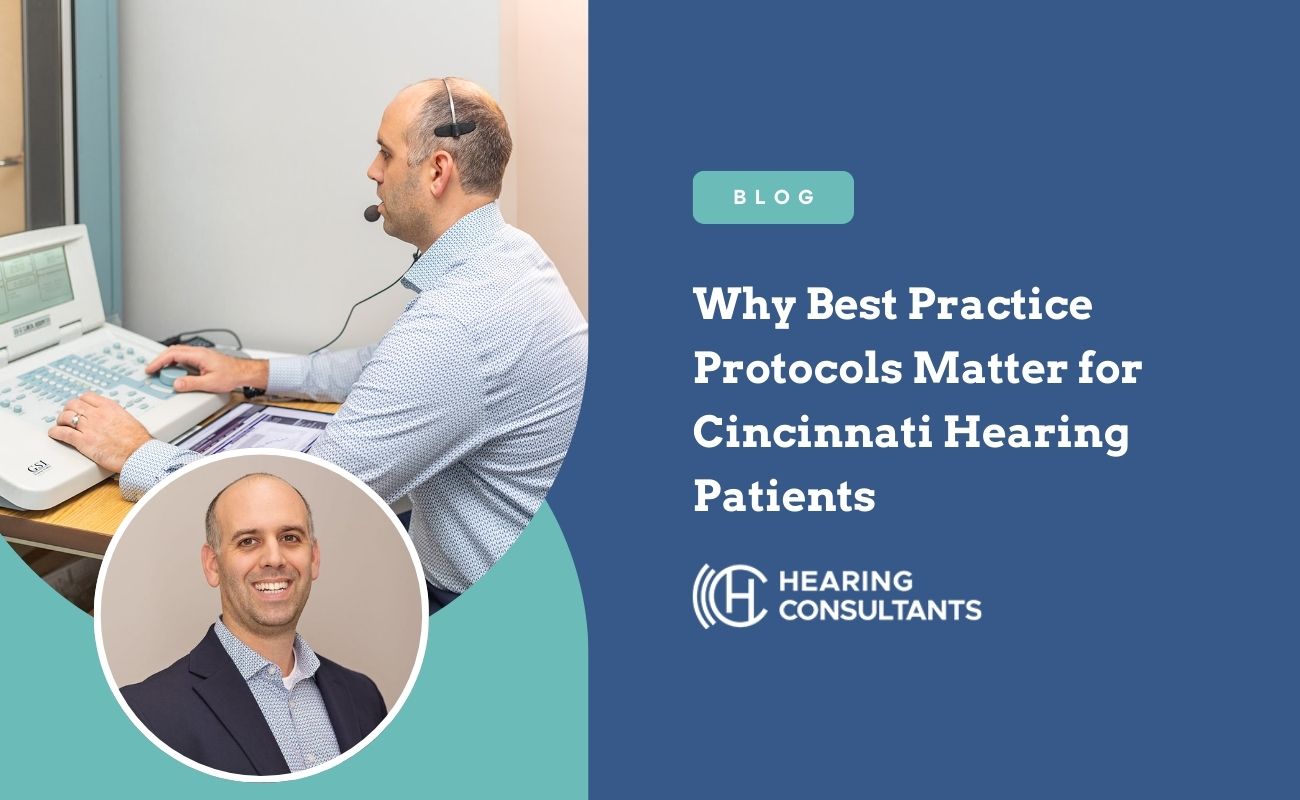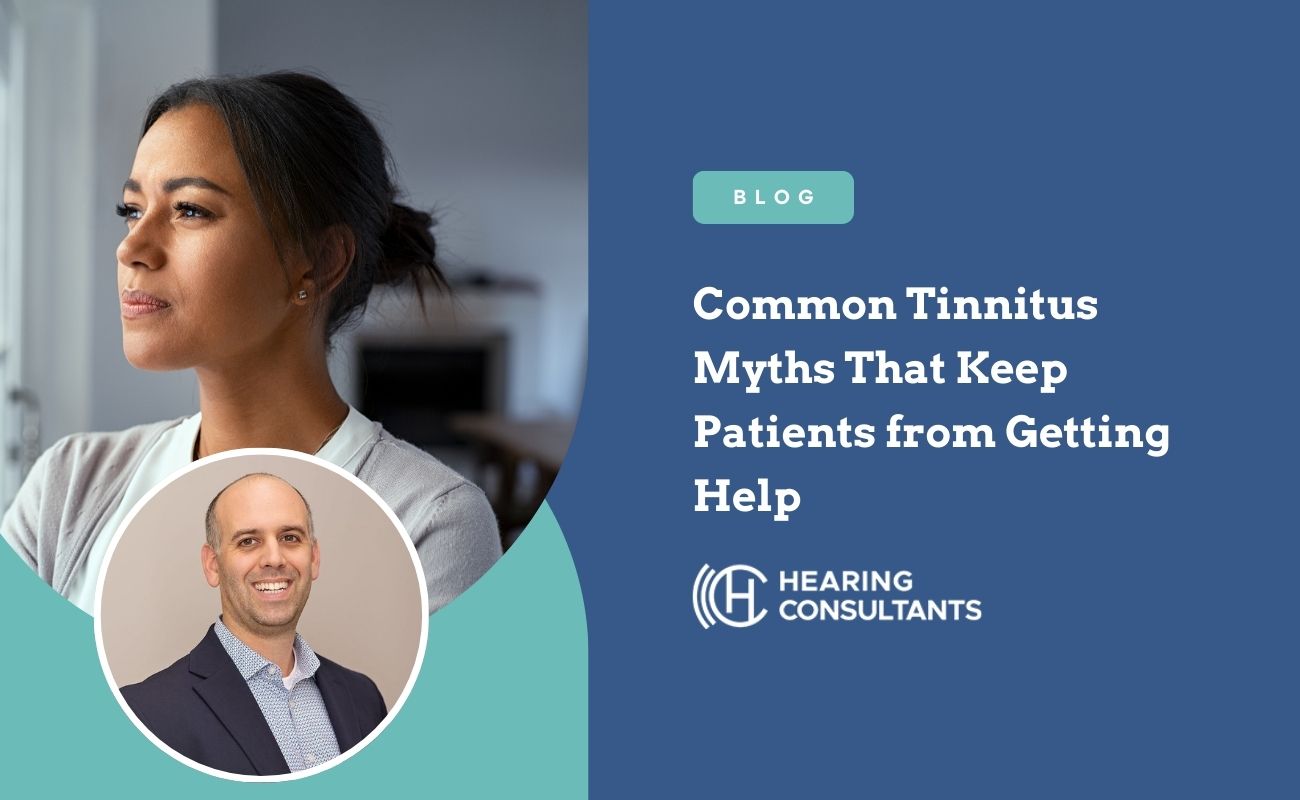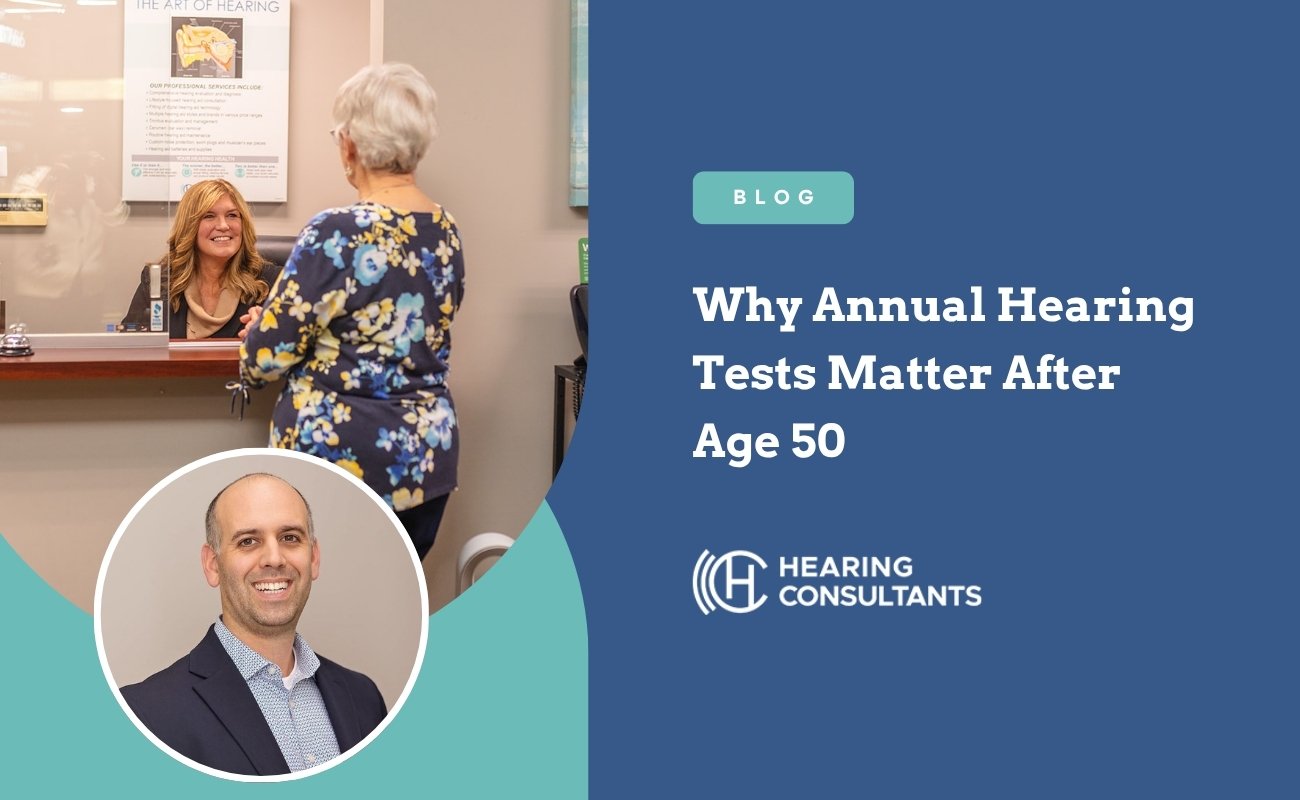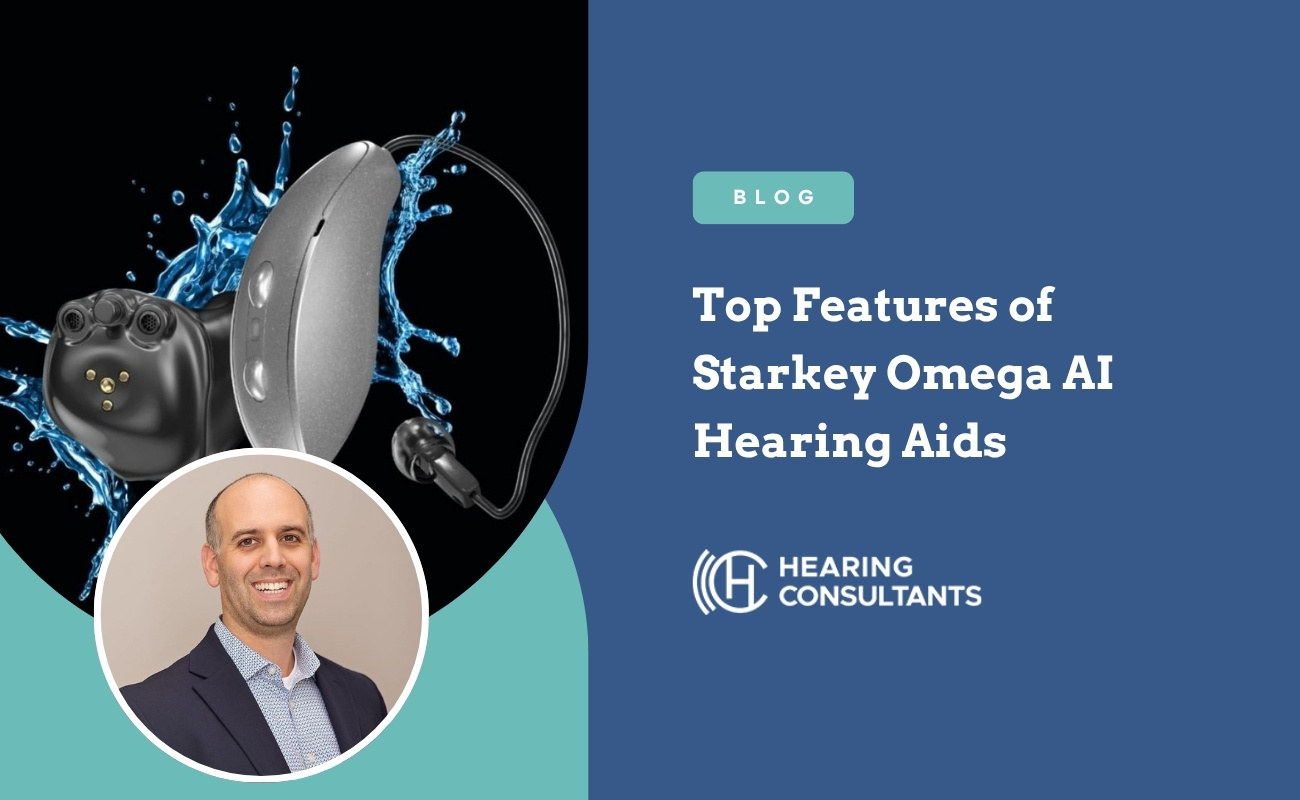How Do We Hear Voices in a Crowd?
Anyone who has hearing aids will have experienced the many benefits they offer to our lives. Where once it might have been challenging to have a conversation, it is now possible and enjoyable. Relationships can be strengthened, and our mental wellness may improve, as well. Depression, anxiety, and anger problems can all be associated with hearing loss, but those issues may evaporate or at least improve greatly with the use of hearing aids. Hearing aids improve our physical safety, as well. Hearing is a crucial sense to alert us to danger as we move through the world, and those with unassisted hearing loss even demonstrate a higher likelihood of serious falls. Furthermore, there is a surprising link between hearing loss and memory problems, even dementia or Alzheimer’s disease. As you can see, the benefits of hearing aids are remarkable.
Yet, one problem has remained unsolved for many who wear hearing aids: distinguishing voices in a crowd. Although hearing assistance innovations have made giant leaps toward eliminating the experience of hearing loss, they have yet to uncover the solution to sound differentiation within a noisy context. Many people who have worn hearing aids at a restaurant or party will recall the problem hearing the person standing directly in front of them. Although you can hear the voice rather well, it might tend to jumble with others in the room.
New Research Sheds Light on Differentiating Voices
Some groundbreaking research has shed some light on the process of differentiating voices in a crowd, and these findings might have implications for hearing assistive technology, as well. We have known for some time that the basilar membrane is a lining around the cochlea of the ear that makes hearing different tones possible. The cochlea are very fine spiraling features of the inner ear. They have tiny hairs that are sensitive to the pressure waves of sound, vibrating at different speeds when they feel that pressure. In addition to these tiny hairs, the basilar membrane is a thin lining of the cochlea that is sensitive to different frequencies, or pitches, of sound. As sound travels through the inner ear, it actually breaks like a wave over these ridges of the cochlea and basilar membrane.
However, the basilar membrane is not responsible for differentiating different sounds of the same pitch. Recent research out of MIT has found that the tectorial membrane is responsible for this function. The tectorial membrane is also a lining of the spiraling cochlea, but it is a gel-like substance not found elsewhere in the body with tiny pores that let sound waves come through. These pores need to be a specific size to accurately detect differences in sound, including different voices in a crowd. If the pores are too big, they cannot adequately differentiate sound. Yet, if they are too small, they are very sensitive to sonic differences. Although that might seem like a good thing, the brain then takes too long trying to differentiate one sound from another. That slow speed can mean that sound differentiation is impossible, as well. The perfect sized pores of the tectorial membrane are necessary to tell one voice from another in a crowd.
This discovery has remarkable possibilities for hearing aid technology and development. If it were possible to apply this type of finding to the hearing aids, then they might be able to better distinguish one voice from another in a crowd. Although the innovations have not yet taken place, there is a very promising field for research and development when it comes to the new knowledge about the pores of the tectorial membrane. Such tiny gel-like substances will be difficult to devise in a hearing aid, but researchers are optimistic that the technology may be able to resolve existing problems with hearing.
Visit Us at Hearing Consultants
With these and other innovations on the way, why not investigate the possibility of hearing aids for yourself? Although some people are reluctant to use hearing aids due to their limitations, those limitations are quickly disappearing. As they become more accurate and helpful, you can experience even greater benefits from hearing assistance.
If you’ve noticed changes in your hearing, consider taking a hearing test. Visit us at Hearing Consultants for a comprehensive hearing test and consultation.
Get in touch with
Hearing Consultants
Contact our clinic to schedule an appointment today!







